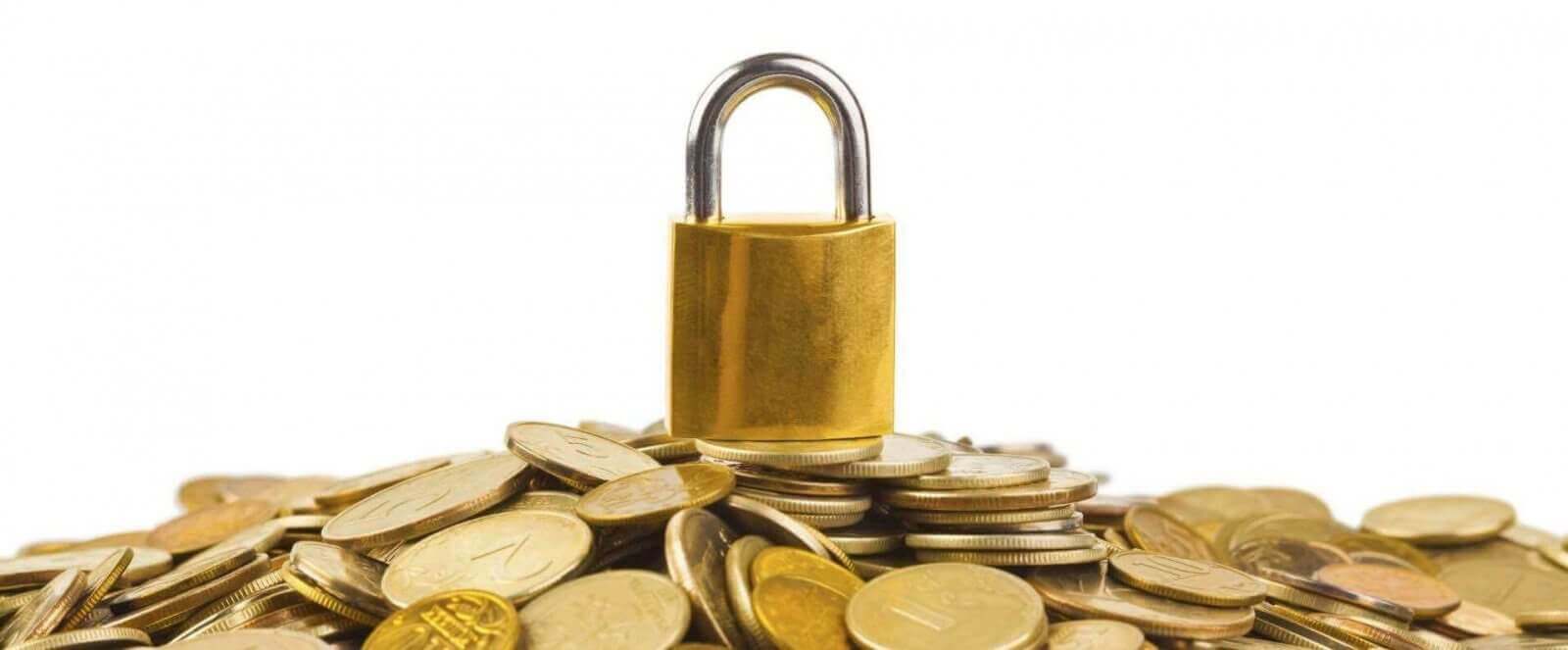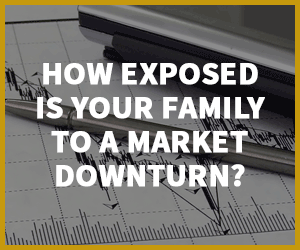Blog
What does BREXIT mean for gold and the economy?
So, we’ve woken up this morning to the shock Brexit result that the UK will leave the European Union. The kids still needed to go to school, the sun was out, the birds were still chirping and the world carried on. Realistically, will we see much change to our daily lives, or will leaving the EU have less impact than we think?
Panic from the shock
The campaign saw opinion polls swing one way, then the other, over the past few months, suggesting a lack of certainty in the result. However, over the past few days, polls suggested a win for the remain campaign. The Pound strengthened, equity markets stabilised and gold fell. The fact that this result is a shock to the expectation of the markets will intensify its impact.
Concerned how a market downturn could impact your finances? Take our test now to find out
The immediate impact of Brexit
It’s impossible to predict the medium to long-term repercussions of Brexit, but we can, at least, see the immediate impact. The Pound has fallen to its lowest level since 1985 and the FTSE has suffered losses of over £100bilion overnight. Significantly, the Prime Minister has announced his resignation, which leaves the country in political uncertainty. The gold price has acted as a useful barometer of expectations and reactions over the past few months, and overnight it rose by 15% for UK buyers.


Longer-term volatility
Outside of electing a new prime minister, we may not feel much has changed. We are still members of the EU; it is the process of leaving which has begun. The claim is that this process can take 2 years. However, Professor Michael Dougan, one of the UK’s leading EU law experts, predicts the withdrawal and negotiation could take many years. Switzerland is still discussing certain points, after signing an agreement in 1972. This protracted process will cause an extended period of uncertainty in the UK, and globally. We may also see changes politically as the anti-establishment vote gains confidence, causing further instability.
Financial impact
Without a crystal ball, we don’t know if Brexit will have a negative or positive impact on our cost of living and prosperity. Both sides have claimed we would be better off. The worry is that most business leaders, including those outside of the UK, think leaving will harm our finances. Certainly, the reaction of the markets supports this view.
The worst part?
However, it’s the prolonged uncertainty we now face, which may have the greatest effect. Financial institutions have already put the deals, which oil the wheels of our economy, on hold. The economy will likely feel a reduction in liquidity, as banks retreat into their shells. Over the coming months and years, it will be interesting to see the reaction of global institutions, who may decide to leave the UK at the cost of thousands of jobs. The UK has the 5th largest economy in the world, so this overnight change will send ripples across the globe. This isn’t something that can be swept under the carpet.
Gold’s role
Instability and uncertainty are the driving motivations for people to buy gold. It acts as a hedge and portfolio insurance when markets suffer huge events. The fact that the gold price has spiked so dramatically overnight is reassuring that it’s fulfilling its role as a ‘safe haven’.
Those who like the security of owning a tangible asset – like property – may now be concerned house prices could fall. We’ve compared gold investment to property to analyse where the markets may be heading.
As we’re likely to have years of uncertainty, gold should continue to act as a long-term balance to your wealth. And in the UK, we should benefit two-fold:
– First, the underlying gold price has moved up sharply.
– Secondly, the value of the Pound has fallen dramatically. Once you convert the $ price into Sterling, gold holdings have risen 15% overnight and, incredibly, more than 35% this year alone.
The economic impact of Brexit
As the Brexit saga moves into 2018, gold should continue to perform well. British industry has had yet another dismal year and the current GDP growth rate is inching along at a snail’s pace of 0.4%. As we move into 2018, there doesn’t seem to be an amazing economic recovery in sight. Brexit may close the gates across the border, but the actual impact that it will have on EU industrial relations with Britain is still unclear. However, analysts have projected a grim view of 2018. Expected profit from Britain’s largest companies is now expected to grow only by 7.2%, dashing hopes of a 19% growth projected earlier. Many companies have put their plans on hold and some are contemplating moving operations to other parts of the EU.
That’s not all….
Meanwhile, the Financial Conduct Authority chief has warned that unless there is clarity on the exact impact of Brexit by the end of the year, several companies may ship out of London next year to rival EU cities. Certainly, Berlin comes to mind as a hot favourite. The German capital is vibrant, young and home to several start-ups. The city champions innovation and is fast becoming a centre of economic growth. Goldman Sachs has already taken up 8 floors of a new office in Frankfurt, and the BBC earlier reported that the Bank of England has predicted that up to 75,000 financial services jobs in London could be at risk.
Invest in gold
When it comes to gold, however, pundits believe that Brexit fears are inconsequential. Investors will probably hedge their risk by investing in gold to hedge against their European woes. The spot price of gold appears to be currently hovering around the $1250 mark, with December still left in the balance. There is hope that the precious metal may rally a bit further on the back of Christmas demand. However, the real rally for gold may come in 2018. This will depend on the performance of greenbacks against the Euro, demand from India and China and of course, Brexit is likely to play a role in the mix as well. Another factor that can impact the US dollar is the rise of cryptocurrencies like Bitcoin. With more and more people investing in crypto-currencies, some investors may turn to gold to hedge, if the going gets too tough for them in 2018. All in all, it should be an interesting year ahead for gold.
If you don’t already own gold, but feel concerned about the diminishing value of the Pound and falling equity markets, then it’s never too late. We discussed the bigger picture in our blog last month: Are Gold and Silver still good value?.
It’s simply a case of heeding the view of the experts and allocating some of your wealth into physical gold so that whatever the future holds, you’ve spread your eggs into different baskets. If you’d like to find out more about this type of investment, why not Download our free guide to investing in gold and silver or give us a call today to discuss your options.




